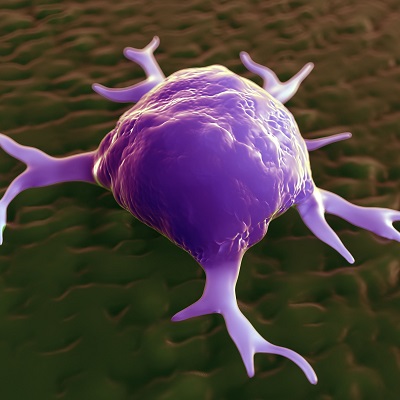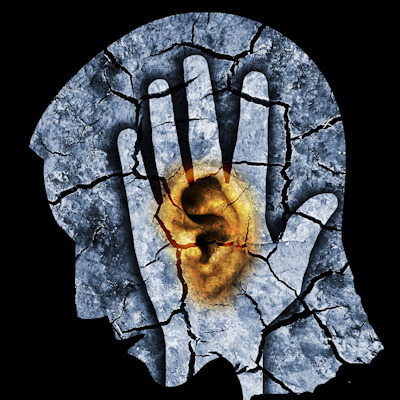September 26, 2022 -- After 10 years of research, Belgian researchers have learned how a carp virus uses the protein domain Zalpha (Zα) to inhibit the defense mechanisms of the host cell. The discovery has implications for how Zα domain-containing proteins of the immune system function.
The team from the University of Liège examined the Cyprinid herpesvirus 3 or CyHV-3, which stole a cellular gene coding for Zα during the course of evolution. They discovered it possesses properties that were previously unknown for the Zα domains of cellular proteins (Nucleic Acids Research, September 22, 2022).
The Zα domain allows proteins that possess it to recognize double-stranded DNA or RNA in a rare conformation. The domain specifically recognizes nucleic acids when the double helix exhibits a left-handed conformation instead of a right-handed conformation.
The domain is found in the immune system proteins of many animals including humans and is involved in pathological processes such as cancers, genetic diseases, and autoimmune diseases. By genetically engineering the Zα domain of the virus into the Zα domains of cellular proteins, the scientists discovered new properties for the Zα of the carp virus were present in some cellular proteins.
For instance, some Zα domains can induce liquid-liquid phase separation. The study supports the biological relevance of dsRNA A-to-Z conversion mediated by Zα domains and broadens the functional diversity of Zα domains. The research opens the door to new hypotheses regarding serious pathologies.
Copyright © 2022 scienceboard.net









